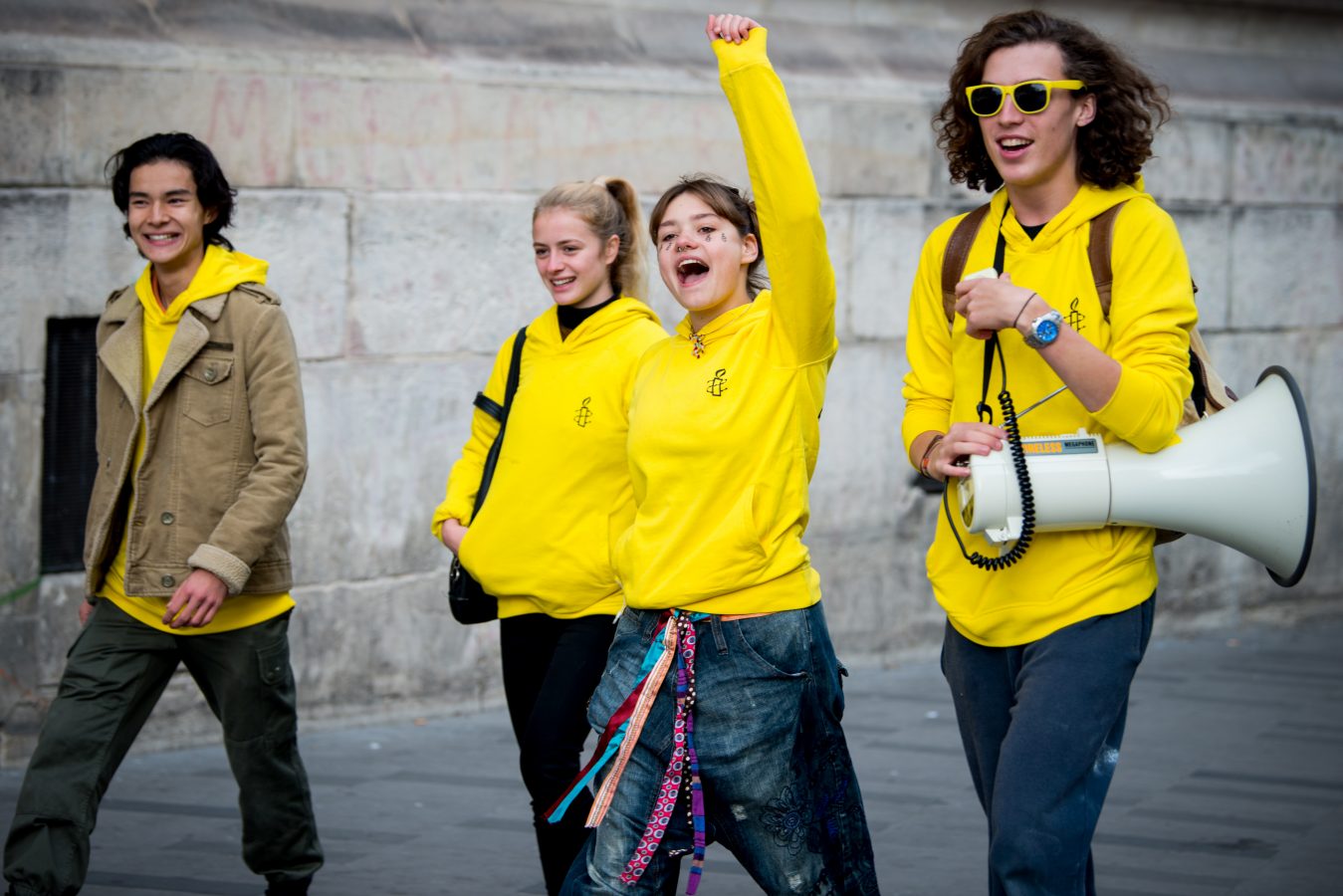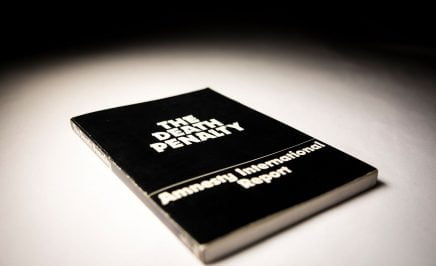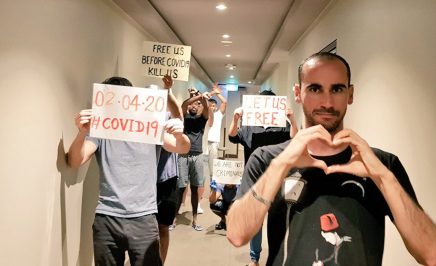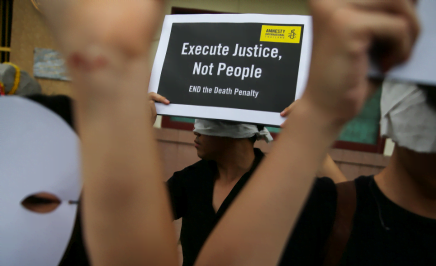It’s been a difficult year, with many people facing familiar and new hardships. Despite the difficult circumstances, our global community continued courageously standing up for justice, freedom and equality. From writing letters and signing petitions to protesting in a safe way, people came together to take action and show that change is possible. Celebrate these inspiring stories of human rights wins that prove how when we challenge injustice our voices are powerful enough to change the world.
You stood up for Indigenous rights
In 2020 we fought hard to end the over-representation of Indigenous and Torres Strait Islander children in the youth justice system.
In July we had a significant human rights win for justice reinvestment, which provides an alternative to prison. One of our Indigenous-led partners, Mona Aboriginal Corporation, received $2.25 million in government funding. The program aims to provide intensive, holistic case management, connecting young people at risk to country, culture, and community.
We made human rights history in August, when the ACT government committed to raising the age of criminal responsibility to 14. They’re the second jurisdiction to commit to raising the age – but the first to commit to raising it to 14. This win is the result of five years of campaigning, various research reports (including our July Raise the Age report) and over 70,000 Australians taking action. We must build on this momentum in 2021 and continue pushing until Australia stops locking up children.
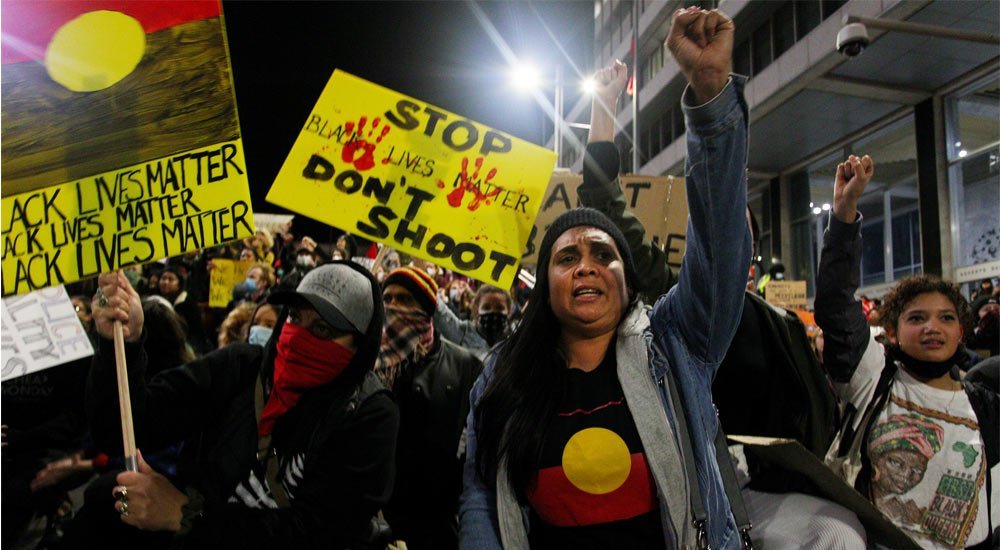
You called game over on offshore detention
More than 700 refugees and people seeking asylum were still detained in PNG and Nauru when we launched our #Game Over campaign in January. Thanks to your help, that number has now been reduced to 290.
Those who were resettled include Ezatullah Karkar, Adam Sanoussi, Vali Papi, Farhad Bandesh. Behrouz Boochani, with whom Amnesty Australia had been working for 5 years, also resettled in New Zealand in August. This was an important step in establishing a new pathway to resettle refugees from Nauru and PNG. Amnesty used this opportunity to pressure the Australian government to accept New Zealand’s offer to take 150 people off Nauru and PNG. Over 65,000 Australians signed the petition, alongside sporting celebrities such as Craig Foster and Sonny Bill Williams.
This resulted in acknowledgement from Peter Dutton, that the NZ solution is ‘on the table’. We will continue to build on this momentum in 2021, until all refugees on Nauru and PNG have reached a new home.
You provided refuge against injustice
Since 2018, our My New Neighbour (MNN) campaign has been calling on the Australian federal government to make improvements to the existing Community Sponsorship Program (CSP). The CSP must be fair and more accessible for Australians to sponsor refugees and welcome them to our country. Almost 30,000 individuals and 40 local councils have publicly pledged their support for an improved and expanded CSP. We made significant progress when the government announced an inquiry into the sponsorship of refugees in Australia. The MNN team worked with communities across the country to coordinate 25 submissions as part of the review.
In a victory for common sense and compassion, legislation seeking to remove mobile phones from refugees and asylum seekers in detention failed to secure support in the Australian Senate after thousands of people contacted key Senators to express their extreme concern. The Migration Amendment (Prohibiting Items in Immigration Detention Facilities) Bill sought to give Border Force increased powers to remove mobile phones which for many are a literal lifeline to stay in contact with support networks and legal representation.
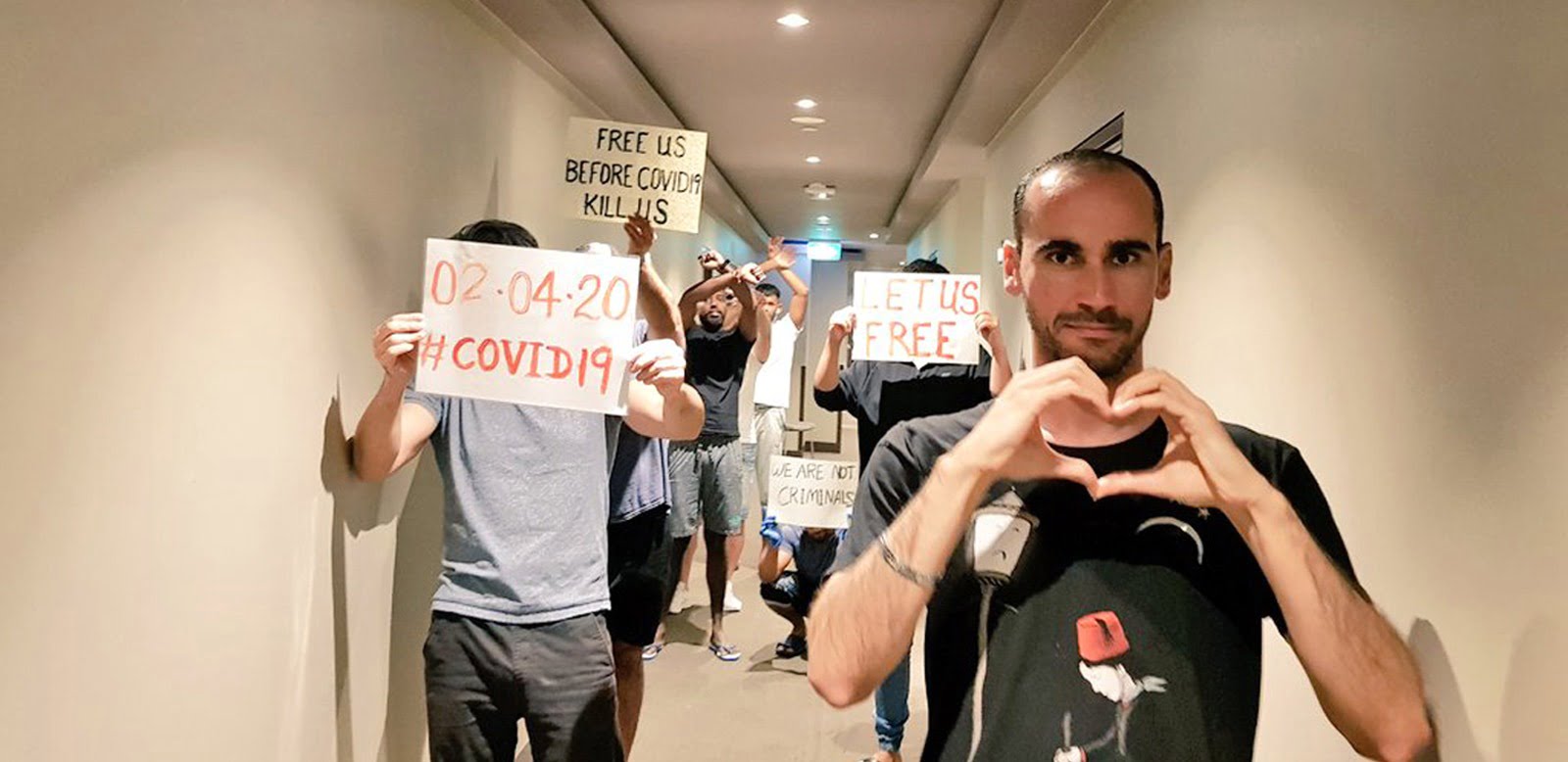
You protected media freedom
Never has media freedom been more important than during the Covid-19 pandemic. This year we defended two individuals detained for reporting on COVID-19, both which resulted in good news.
Mamane Kaka was released in March after being detained for three weeks in Niger, for publishing a social media post about a suspected case of COVID-19. He was given a three-month suspended sentence.
Journalist and prisoner of conscience, Darvinson Rojas, was released on bail in April after almost two weeks in detention in Venezuela. He was arrested on politically motivated charges in an attempt to silence his reporting on the pandemic in Venezuela.
Journalist and President of Niger bloggers association, Samira Sabou, was released from prison in July, following calls from Amnesty International.
I don’t forget about Amnesty International who highlighted the incoherence related to my arrest. I have been touched by the solidarity and the support I received from all corners of the globe.
Samira Sabou
You fought for LGBTQA+ rights
As part of our 2020 Write for Rights campaign we continue to campaign alongside LGBTQA+ survivors of conversion practices, calling on Australian governments to protect LGBTQA+ people.
In 2020, the ACT and Queensland passed legislation to end conversion practices. In December the Victorian Parliament’s lower house passed a world-leading bill to end harmful LGBTQA+ conversion practices in the state. The legislation will pave the way, together with our advocacy, for other states to follow. It is hoped to pass the upper house in early 2021.
You gave access to education for Rohingya refugee children
In January, the Bangladesh government announced its commitment to provide education to half a million Rohingya refugee children, two and a half years after they were forced to flee crimes against humanity in Myanmar. In the two years we’ve been campaigning on the issue, Amnesty International held an art camp in the refugee camps of Cox’s Bazar, developed a popular hip hop video with two Bangladeshi YouTube stars and published a comprehensive briefing detailing conditions in the camps, and their effects on children.
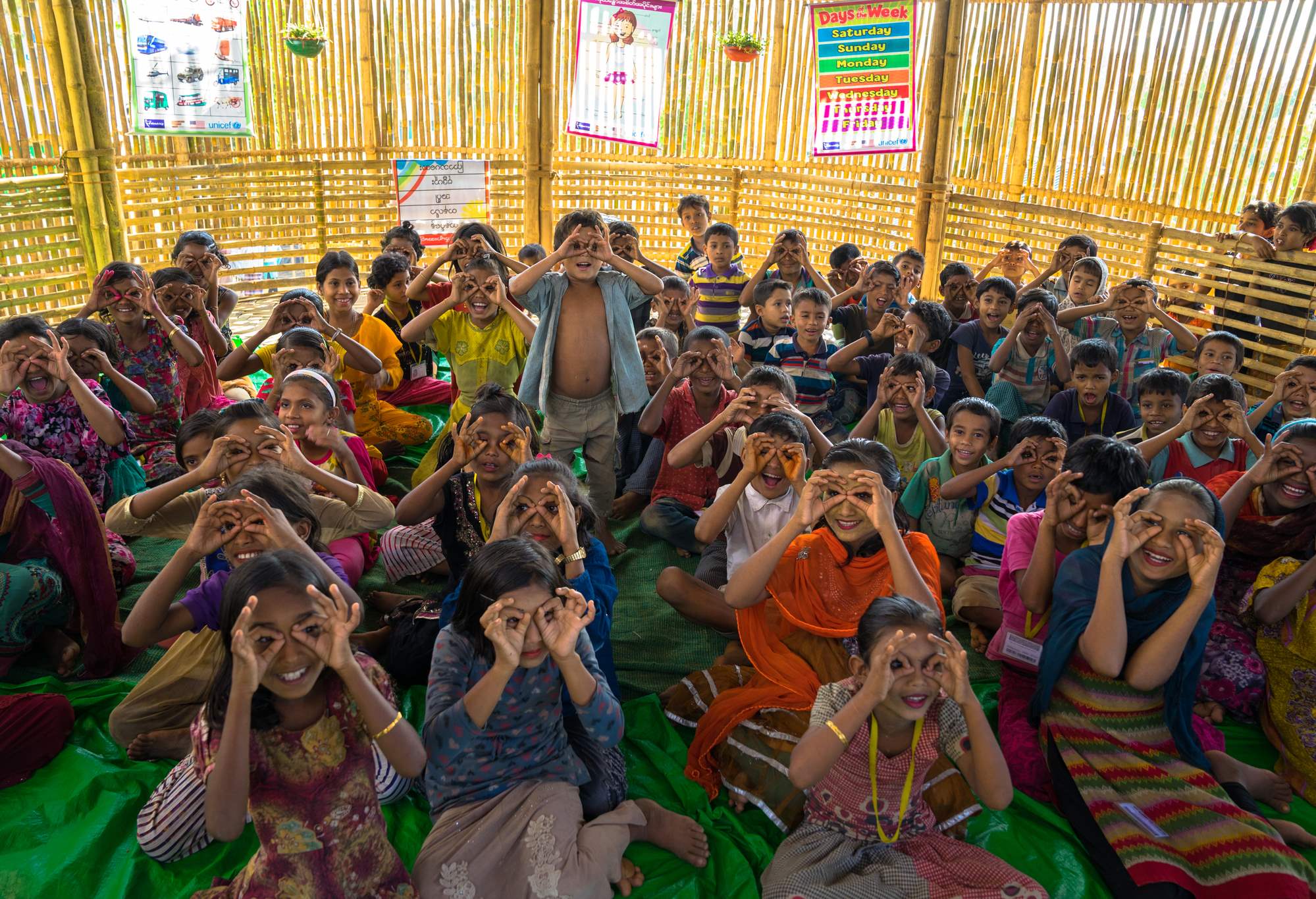
You held those in power to account
In November, Japanese beer company Kirin announced the suspension of payments to the Myanmar military company MEHL and Korean garment company Pan-Pacific also decided to end its business relationship with MEHL. Both decisions were prompted by Amnesty’s 2020 report Military Ltd. which exposed the link between MEHL and military units that are implicated in serious human rights violations against Rakhine State’s predominantly Muslim Rohingya minority population.
You fought to abolish the death penalty
In March, Colorado abolished the death penalty and commuted the death sentences of the three remaining men on death row. This makes Colorado the 22nd US state to have abolished the death penalty.
And in September, Kazakhstan committed to abolishing the death penalty – bringing it closer the ever-growing family of nations that have left this shameful punishment behind.
The majority of the world – 106 countries – have now abolished the death penalty in law for all crimes, and 142 countries – more than two thirds – have abolished the death penalty in law or practice.
You stood up for the rights of women
On International Women’s Day hundreds of Australian supporters made ‘freedom flowers’, attended rallies and held events calling for Yasaman Aryani’s release. The flowers, along with 100,000 actions were sent to the Iranian Embassy in Canberra on 10 April 2020 to mark the first anniversary of Yasaman’s arrest for campaigning against forced veiling. Over one million Amnesty supporters around the world also took action for her release. As a result, it was announced that Yasaman’s prison sentence was reduced from 16 years, and she will now only have to serve 5 years and 6 months.
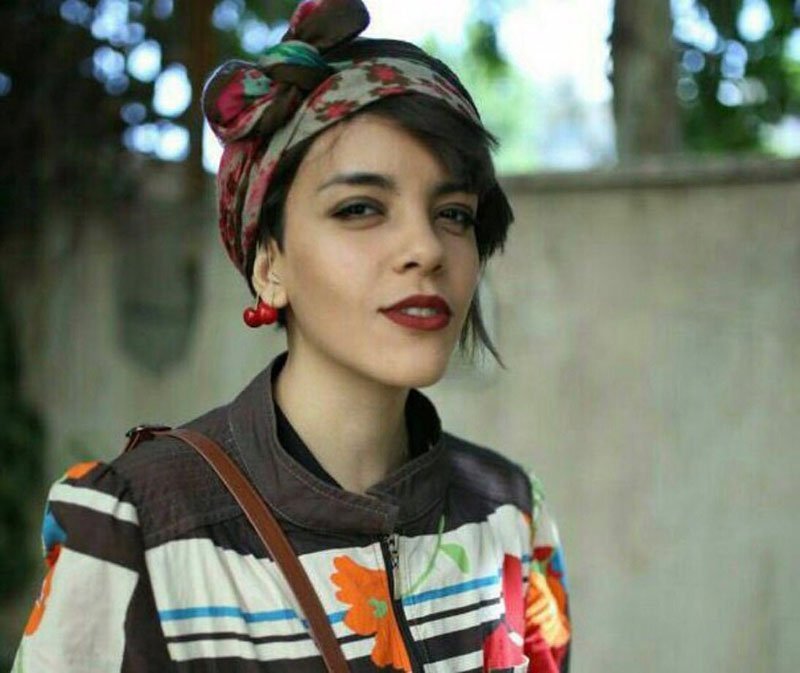
In March Spain announced a bill to define rape as sex without consent, in line with international human rights standards. And in November the Danish government agreed to amend the Criminal Code to recognise finally that sex without consent is rape. This followed years of campaigning by women’s rights and survivors’ groups, and Amnesty’s Let’s Talk About Yes campaign.
In April, following calls and successful litigation by Amnesty International and partner organisations, Sierra Leone’s government overturned the ban preventing pregnant girls from attending school and sitting exams. The ban had been in place for nearly five years, depriving many young women of their right to an education.
Iranian human rights defender, Narges Mohammad was freed from prison in October after supporters from around the globe pressured the Iranian government. Narges was sentenced to 16 years in prison for campaigning against the death penalty and condemning acid attacks against women.
In November, Argentina’s President, Alberto Fernández, fulfilled his campaign promise to send a historic bill to Congress to legalise abortion. This followed years of campaigning by women’s rights advocates including Amnesty International.

You protected people who raised their voices
While the ongoing challenges posed by COVID-19 have limited our opportunities for mobilisation, you helped us launch our Protect Protest campaign. Initial tactics included our Human Rights Observers and Digital Defenders who protect people during protests and support them to speak out against hate speech online.
The AI USA report on police violations during #BLM protests helped make human rights violations committed across the country visible and generated significant coverage and interest. Amnesty investigators also briefed Congress and testified to the Oregon State Legislature to assist the latter in rewriting their laws about the use of tear gas.
In July, a high-ranking officer in Chile’s police force was arrested and charged after Amnesty International published evidence suggesting that he was responsible for blinding a student in last year’s demonstrations that were marred by the unlawful use of force by the police.
You improved the lives of hundreds of people at risk
Thanks to relentless campaigning from Amnesty supporters over the past five years, we’ve improved the lives of over 125 people.
A number of individuals unjustly detained were released, including Narges Mohammadi from Iran and Alaa Shaaban Hamida, from Egypt. In South Sudan, activist Kanybil Noon was released after 117 days in detention without charge. Upon release, Kanybil said: “I’m so grateful for your efforts. Send my gratitude to the entire staff. I’m so grateful for your service.
In March, Guligeina a young Uyghur student was released from a ‘transformation-through-education’ facility in China after 3 years. Thank you to the 20,000 supporters in Australia who signed the petition and helped secure Guligeina’s release!
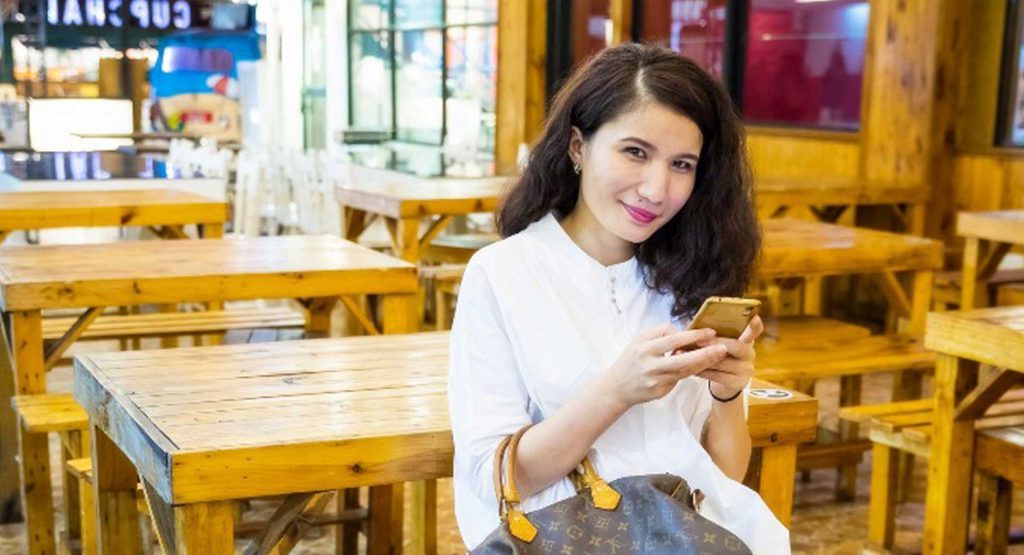
Following a report from Amnesty International, along with a strategic intervention from the Association of Psychoanalysts of Kazakhstan, Vadim Nesterov’s legal rights were reinstated in January, representing an incredible win for people with disabilities in Kazakhstan. As a person with mental disabilities, Vadim had been deprived of legal capacity when he turned 18 and was unable to make decisions about his life or exercise his fundamental human rights.
Chinese human rights lawyer Wang Quanzhang was reunited with his family in April after spending four and a half years in prison. He was targeted for his work exposing corruption and human rights violations. Amnesty had campaigned for his release since he was first detained.
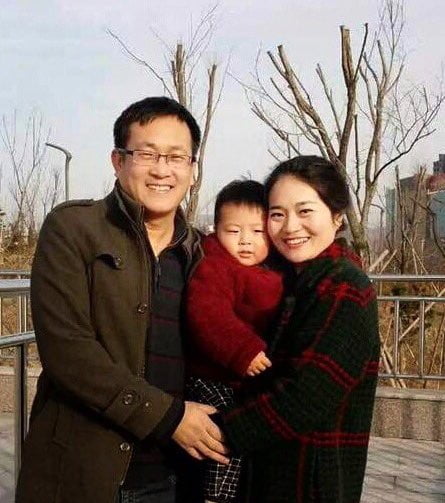
In early May, a French court acquitted Cédric Herrou a farmer who was prosecuted simply for helping asylum seekers in need. Herrou’s case was emblematic of how acts of solidarity have been criminalised across Europe.
In Bahrain, human rights activist Nabeel Rajab was released from prison in May on a non-custodial sentence, following years of campaigning from Amnesty International and other human rights organisations.
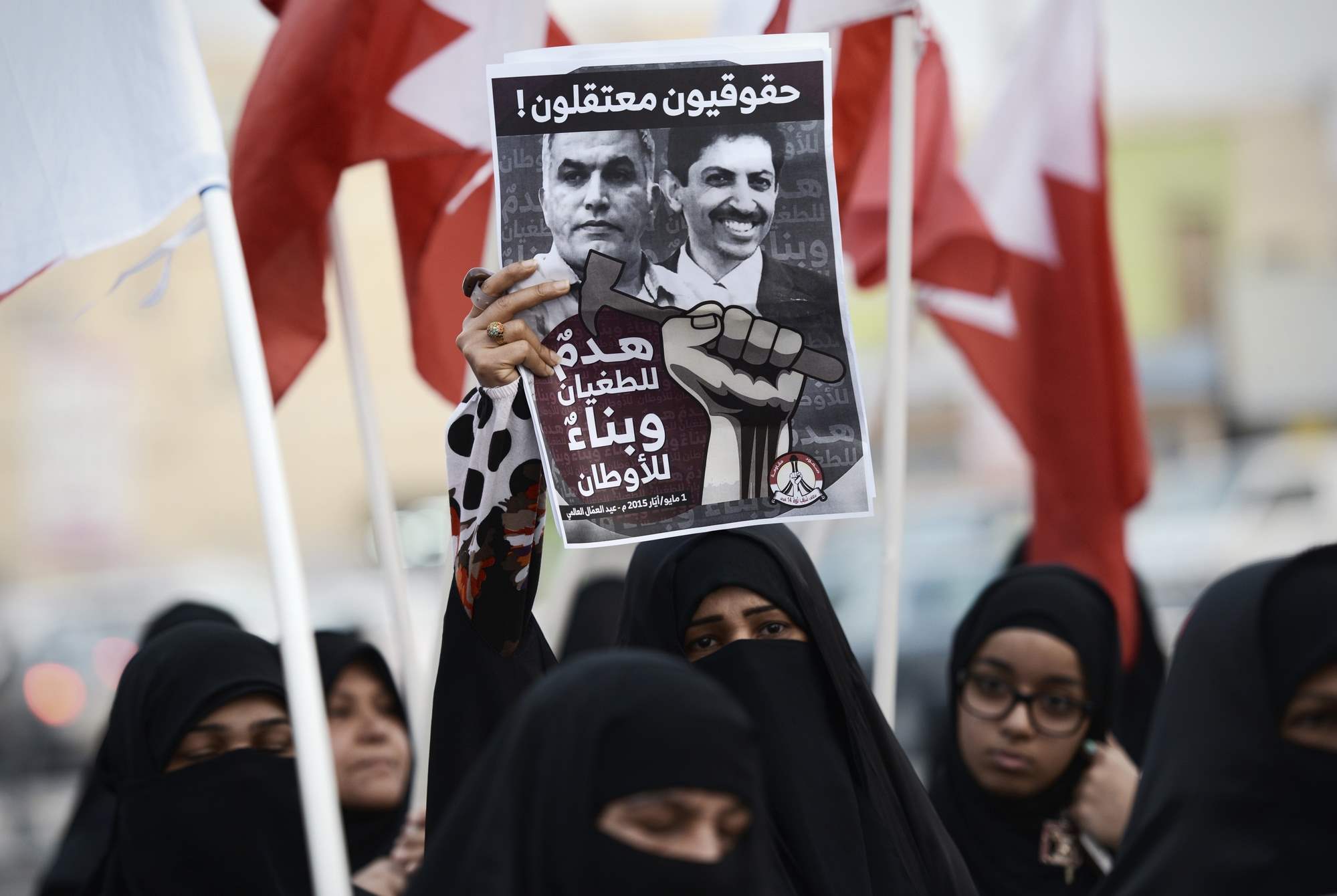
South Sudan teenager Magai Matiop Ngong had his death sentence quashed and was removed from death row on 29 July. Moved by his plight, people around the world wrote an incredible 765,000 messages of support. Magai’s case generated debate on the use of the death penalty against children in South Sudan – a rare and hugely positive development.
Russian Jehovah’s Witness and prisoner of conscience Gennadiy Shpakovsky, who had been prosecuted solely for exercising his right to freedom of religion, had his sentence commuted and was released from prison.
You helped protect the future of our planet and stood for climate justice
In October, JBS – the world’s largest meat producer – pledged to monitor its entire supply chain by 2025, including the problematic “indirect supplier” farms linked to illegal deforestation and land seizures in the Amazon. And top European investment house Nordea Asset Management removed JBS from its portfolio, attributing its decision to exposés, such as our report, about JBS’s indirect supply chain.
In November, the Solomon Islands Minister for Environment upheld a block on a bauxite mine concession that threatened local communities on Wagina Island – after we investigated in late 2019. It was a hard-won victory for Wagina Island residents who rely on their island and waters around the proposed mining site for their livelihoods.
The Escazú Agreement, the regional treaty for protection of the environment and environmental defenders, will now come into effect, following intensive campaigning by Amnesty and partners in several Latin-American countries.
You protected worker’s rights
In a bid to help protect migrant workers from labour exploitation, Qatar abolished requirements for migrant workers to get permission from their employer to change jobs and announced the introduction of a new non-discriminatory minimum wage. The 2022 World Cup is due to take place in Qatar and Amnesty has been campaigning to improve migrant workers’ rights for years.
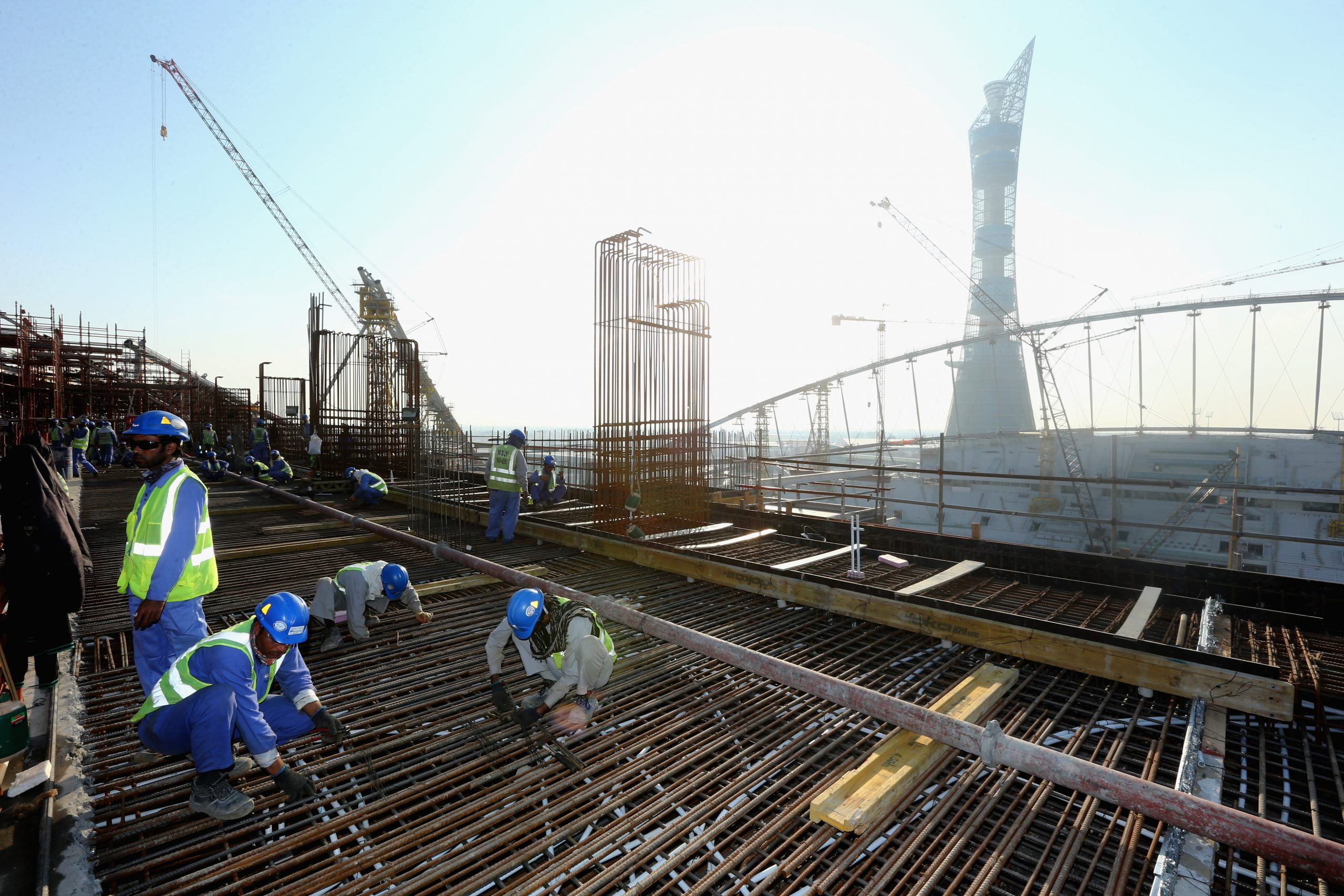
In October, five Malaysian activists, charged for holding a peaceful gathering in support of hospital cleaners, were granted a discharge not amounting to acquittal. We featured their case in our Exposed, Silenced, Attacked report and, thanks to our work, they’re no longer being prosecuted.
We could not have done it without the help of Amnesty International.
Union representative
You showed compassion for the vulnerable during COVID-19
You helped to protect human rights in response to COVID-19 in the areas of health, surveillance and over-policing, as well as standing up for journalists and other human rights defenders reporting on the frontlines of the pandemic around the world. Following the September publication of our report on how the UK government abandoned older people to die in care homes amid the COVID-19 pandemic, the UK’s Care Quality Commission announced an urgent investigation into the blanket use of “Do not attempt resuscitation” orders in care homes during the COVID-19 pandemic, and the social care minister said government will launch a pilot project to test some relatives, so as to allow more meaningful visits to care home residents.
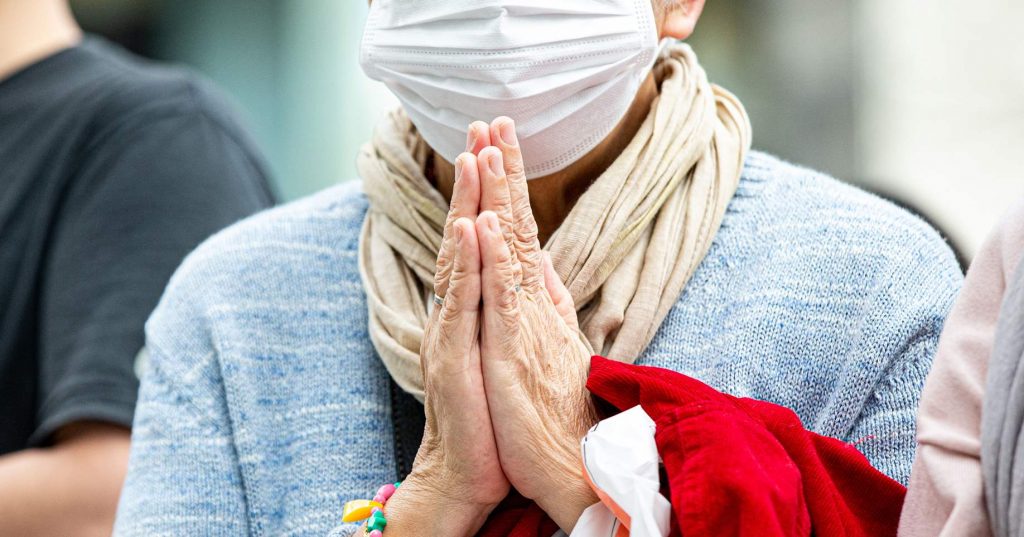
You helped us build a stronger Amnesty for even more human rights wins
In 2020 Amnesty became a global movement of more than 10 million supporters. It’s an incredible community and Amnesty would like to thank each and every one of you for taking action and making a difference.
In a year of hardship, when life was put on hold for many, you continued to challenge injustice. You fought courageously for a world where everyone enjoys their human rights without discrimination. You took a stand for the rights of activists, changed oppressive laws and freed people unjustly jailed.
Together our voices are powerful and with your every action, every contribution we move closer to a world where human rights are enjoyed by all. Let’s keep standing strong for justice, freedom and equality in 2021!
